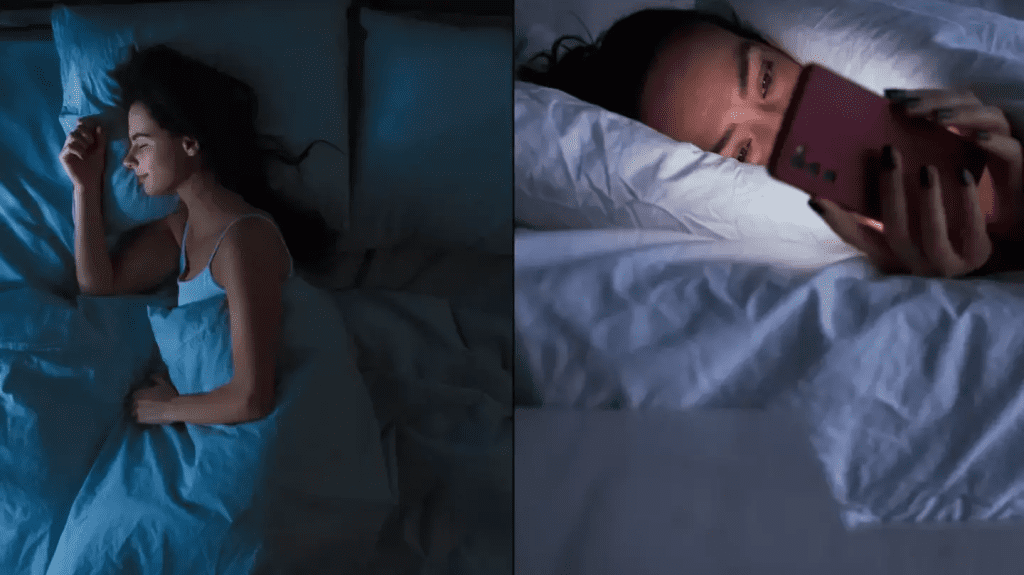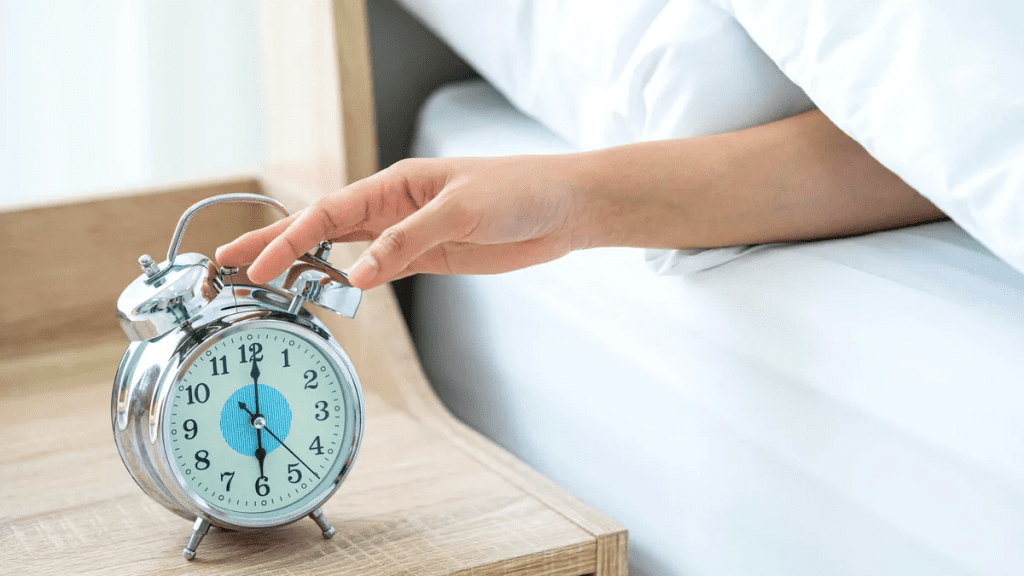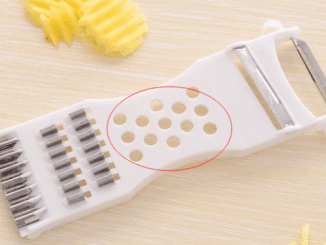Sleep is the cornerstone of our physical and mental well-being, yet many of us struggle to get the recommended seven to nine hours of quality rest each night. Whether it’s the lure of late-night doom scrolling or the chaos of everyday life, achieving deep, restorative sleep can feel like an unattainable goal. Enter the 10-3-2-1-0 method—a simple yet effective strategy designed to help you wind down, fall asleep faster, and wake up feeling refreshed.
Let’s explore how this trending sleep routine works and why it might just be the solution you’ve been searching for.
Why Is Sleep So Important?

Before diving into the method, it’s crucial to understand why sleep matters. Chronic sleep deprivation doesn’t just leave you feeling groggy—it can have serious health consequences. Insufficient sleep has been linked to:
- Cognitive Decline: Poor memory and reduced problem-solving abilities.
- Increased Risk of Chronic Diseases: Conditions like type 2 diabetes, heart disease, and obesity.
- Weakened Immunity: Making you more susceptible to illnesses.
- Mental Health Challenges: Anxiety, depression, and mood disorders.
A good night’s sleep is more than a luxury—it’s a necessity for maintaining a healthy mind and body.
What Is the 10-3-2-1-0 Method?
The 10-3-2-1-0 method is a structured pre-sleep routine that guides you through a series of steps leading up to bedtime. Each number represents a specific time frame and actionable behavior designed to help you prepare for restful sleep.
Here’s how it works:
10 Hours Before Sleep: Say No to Caffeine
Caffeine, a stimulant, is absorbed quickly into your bloodstream and can linger in your system for up to 10 hours. While your morning cup of coffee helps you wake up, consuming caffeine later in the day can disrupt your body’s ability to wind down.
What to Do:
- Avoid coffee, tea, soda, and even certain chocolates 10 hours before your bedtime.
- Switch to caffeine-free alternatives like herbal teas to satisfy cravings without compromising your sleep.
3 Hours Before Sleep: Stop Eating and Drinking Alcohol
Though a nightcap might make you feel drowsy, alcohol negatively impacts sleep quality, leading to disrupted and less restorative rest. Similarly, eating close to bedtime can cause indigestion, heartburn, or stomach discomfort that keeps you tossing and turning.
What to Do:
- Finish your dinner three hours before bedtime.
- Avoid heavy, spicy, or acidic foods that might upset your stomach.
- Skip alcohol to allow your body to fully relax and enter deeper sleep stages.

If you’re getting less than 8 hours a night, this might be worth a try(Oscar Wong / Getty Images)
2 Hours Before Sleep: Step Away from Work
Your brain needs time to transition from work mode to rest mode. Engaging in work-related tasks close to bedtime can overstimulate your mind, making it harder to relax and fall asleep.
What to Do:
- Shut down work-related activities two hours before bed.
- Use this time to decompress—read a book, meditate, or enjoy a warm bath.
- Create a clear mental boundary between your professional and personal life to improve sleep quality.
1 Hour Before Sleep: Turn Off Devices
We’ve all heard it before: the blue light from screens disrupts melatonin production, the hormone responsible for regulating sleep. Scrolling through social media or binge-watching TV late at night can delay your body’s natural sleep cycle.
What to Do:
- Power down your devices—smartphones, tablets, and laptops—one hour before bed.
- Engage in screen-free activities like journaling, light stretching, or listening to calming music.
- Consider investing in blue-light-blocking glasses if you absolutely must use screens during the evening.
0 Hour Before Sleep: Say Goodbye to the Snooze Button

The snooze button may feel like your best friend in the morning, but it’s doing more harm than good. Those extra minutes of sleep are often fragmented and low quality, leaving you feeling groggier than if you had woken up on time.
What to Do:
- Set your alarm for the exact time you need to wake up and resist the urge to snooze.
- Get out of bed as soon as your alarm rings to start your day on a focused and energetic note.
Why the 10-3-2-1-0 Method Works
The genius of the 10-3-2-1-0 method lies in its simplicity. By addressing common sleep disruptors in a systematic way, this routine helps train your body and mind to wind down naturally. Here’s why it’s so effective:
- Builds Consistency: Establishing a pre-sleep routine signals to your body that it’s time to relax and prepare for rest.
- Reduces Stimulation: Cutting out caffeine, screens, and work-related stress creates a calmer environment conducive to sleep.
- Improves Sleep Quality: Eliminating distractions and optimizing your habits ensures you get the deep, restorative sleep your body needs.
How to Incorporate the 10-3-2-1-0 Method Into Your Life
Starting a new routine can feel overwhelming, but the 10-3-2-1-0 method is easy to implement with a little planning:
- Set a Bedtime Goal: Decide what time you want to fall asleep and work backward to determine when each step begins.
- Track Your Progress: Use a sleep journal or app to monitor how your habits affect your sleep quality.
- Be Patient: It may take a week or two for your body to adjust, so stick with the routine for best results.

Is the 10-3-2-1-0 Method Right for You?
This method is ideal for anyone struggling with sleep due to poor habits, excessive screen time, or an overloaded schedule. By addressing the root causes of sleep disruption, the 10-3-2-1-0 method offers a practical, science-backed solution for better rest.
Conclusion: Your Path to Perfect Sleep Starts Tonight
The 10-3-2-1-0 method is more than just a trend—it’s a blueprint for achieving the deep, uninterrupted sleep your body craves. By following these simple steps, you can transform your nightly routine, enhance your overall health, and wake up feeling refreshed and ready to conquer the day.
So, will you try the 10-3-2-1-0 method tonight? Your perfect night’s sleep might be just one routine away. Sweet dreams!


